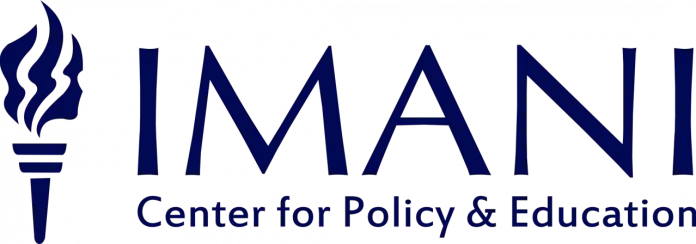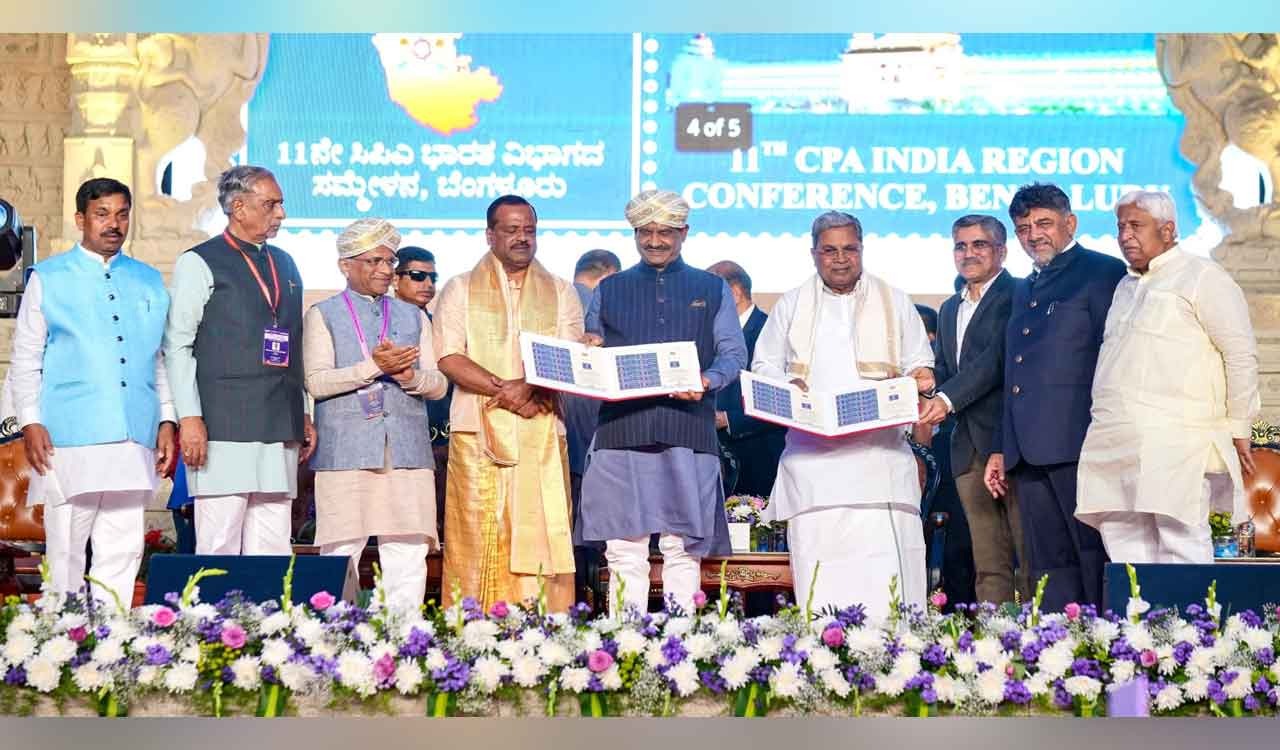By Ghana News
Copyright ghanamma

President John Mahama’s administration has experienced a dramatic erosion of public confidence within just six months of taking office, with approval ratings plummeting from 70% to 45% as governance controversies overshadow policy achievements, according to comprehensive analysis by IMANI Africa.
The think tank’s latest Public Understanding and Literacy for Sentiment and Election Analysis (PULSE) report, based on over 22,000 online mentions across multiple platforms, documents a precipitous fall from the optimism that greeted Mahama’s January inauguration to widespread skepticism by mid-2025.
The administration began with cautiously positive sentiment reaching 65-70% during January’s inauguration and launch of the ResettingGhana agenda, with the historic swearing-in of Ghana’s first female Vice President, Jane Naana Opoku-Agyemang, contributing to national optimism and what civil society described as “watchful optimism.”
However, by March, sentiment became sharply polarized at 45% positive and 45% negative as mass public sector dismissals earned President Mahama the viral nickname “Terminator 1”, fundamentally altering public perception despite simultaneous praise for abolishing unpopular taxes including the E-levy and betting tax.
The PULSE analysis reveals that February maintained a cautiously positive outlook of 55-60% following the President’s first State of the Nation Address, where austerity measures including scaled-down Independence Day celebrations and anti-corruption team appointments were widely welcomed.
The administration’s credibility crisis intensified during April and May when the Operation Recover All Loot (ORAL) initiative, initially popular as part of Mahama’s anti-corruption drive launched on January 7, began facing mounting credibility challenges amid perceptions of selective justice.
Online discourse turned decisively negative during this period, with 85% of conversations condemning what critics characterized as “Rambo-style” arrests of political opponents, raising questions about the government’s commitment to fair justice delivery across party lines.
The breaking point came through the convergence of multiple controversies including the private jet scandal, which created perceptions of hypocrisy regarding fiscal prudence, and concerns about the ORAL initiative’s implementation methods that appeared to target opposition figures disproportionately.
By June, the administration’s approval ratings reached their lowest point since taking office, with controversies over selective prosecutions, U.S. Embassy issues, National Service Scheme scandals, and continued dismissals creating a perfect storm of negative sentiment that overwhelmed positive policy developments.
IMANI’s analysis indicates that even well-received initiatives such as currency stabilization efforts and new mining sector reforms have been overshadowed by governance controversies, demonstrating how credibility issues can undermine substantive policy achievements.
The “Terminator 1” moniker reflects deep anxiety among civil servants about job security and has resonated particularly strongly among young people who had hoped the new administration would create employment opportunities rather than eliminate existing positions.
The think tank’s conclusion that “credibility is the most valuable political currency, and the NDC is quickly spending it” reflects broader concerns about the sustainability of the administration’s reform agenda amid mounting public skepticism.
Political analysts note that the rapid deterioration in public sentiment represents one of the steepest declines in recent Ghanaian political history, particularly given the high expectations that accompanied Mahama’s return to office after his 2024 electoral victory.
The PULSE methodology, which tracks sentiment across Facebook, X (formerly Twitter), YouTube, TikTok, podcasts, and newsfeeds, provides real-time insight into shifting public opinion that traditional polling often misses, making its findings particularly significant for understanding political dynamics.
Opposition parties have seized on the IMANI analysis as validation of their criticisms regarding the administration’s approach to governance, while NDC supporters argue that the government needs more time to implement comprehensive reforms inherited from challenging economic conditions.
The administration faces pressure to address the specific areas IMANI identified as driving discontent, particularly around employment policy, anti-corruption implementation, and communication strategies that better explain policy decisions to skeptical public audiences.
Industry experts suggest that the government’s response to these findings will indicate whether leadership recognizes the severity of credibility challenges and commits to addressing underlying concerns that drive public dissatisfaction beyond individual controversies.
The decline in approval ratings comes as Ghana faces significant economic challenges requiring sustained political stability and policy continuity, making the restoration of public confidence crucial for successful implementation of the administration’s ambitious reform agenda.
Looking ahead, the IMANI report suggests that unless the government addresses fundamental concerns about transparency, fairness, and employment creation, the current credibility deficit could harden into permanent damage to public trust that would undermine the administration’s effectiveness.
The analysis reflects broader patterns in Ghanaian politics where initial honeymoon periods give way to more critical assessments based on governance performance, but the speed and extent of this particular decline appears unprecedented in recent political history.
Political strategists emphasize that successful recovery requires both substantive policy adjustments and improved public communication that demonstrates concrete progress on the issues driving public concern, particularly employment generation and equitable justice delivery.



